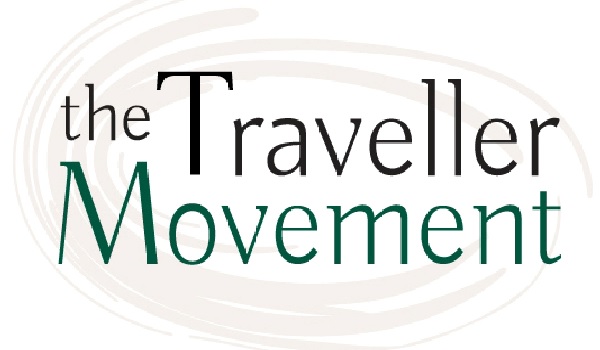Report urges review of Gypsy Traveller Liaison Officer role
A report based on Freedom of Information (FoI) requests and a survey of police officers has found those from a Gypsy, Roma and Traveller (GRT) background are less likely to report being victims of crime compared to other groups, due to a lack of trust.
Published by GRT discrimination charity Travellers Movement, the report also calls for the Equality and Human Rights Commission to “urgently review” whether the Gypsy Traveller Liaison Officer (GTLO) role is inherently discriminatory under the Equality Act 2000.
Nine further recommendations were set out in the report, including applying internal police disciplinary procedures equally to all racist incidents and employing a non-discriminatory policy in all pubs to ensure no GRT groups are refused entry based on their ethnicity.
The report drew on interviews and surveys with 17 officers and 14 GRT individuals in England and indicates the presence of a “systemic discrimination” against traveller communities within police forces.
Although examples of “highly positive policing and relationships” were found during the study, the overall findings suggest a need for the police service to examine how it treats GRT groups.
And while trust remains low between travellers and police officers, one officer told the study that working within his force to engage and involve the community has resulted in more GRT people coming forward to report hate crime.
Travellers Movement sent out two Freedom of Information requests to all 45 territorial police forces across the UK ahead of the publication of the report, one of which asked if each force has a GRT community engagement strategy.
Gwent Police and Dyfed Powys Police said they have a targeted strategy and/or plan for improving relations with GRT communities, while seven other forces – including Merseyside Police, Essex Police and Greater Manchester Police – said they associate GRT community engagement strategies with unauthorised encampment policies.
Twelve forces have wider community engagement, equality and diversity and/or hate crime strategies and 22 provided no strategy.
The charity also asked if each force has a GTLO and/or a special point of contact (SPOC) for engaging these communities.
Twenty-three said they either have a GTLO or dedicated SPOC roles, while nine do not. Thirteen describe wider community liaison work being applicable to, but not targeted at, GRT communities.
The charity says GTLOs typically focus on enforcement, which reinforces negative stereotypes by inextricably linking Irish Travellers with criminality and almost suggesting they need ‘extra’ policing.
However, a chief inspector interviewed as part of the report said that when officers have sought to arrest someone from a Traveller background, following discussions with GTLOs, they have been able to do so without sending a “van load of officers onto a site”.
Travellers Movement found many of the approaches taken by officers are based on stereotypical assumptions; for example, many callouts involving GRT individuals tend to attract a bigger police presence than those that do not.
Several officers interviewed described bigotry among some of their colleagues when policing “traveller related” family events or collected number plates from gypsy traveller sites, and claimed it was an institutional problem.
One police constable told Travellers Movement: “All of those procedures, practices, behaviours run along the lines that these are criminal groups. It’s our job to deal with criminals, therefore it’s our job to deal with these people.”


